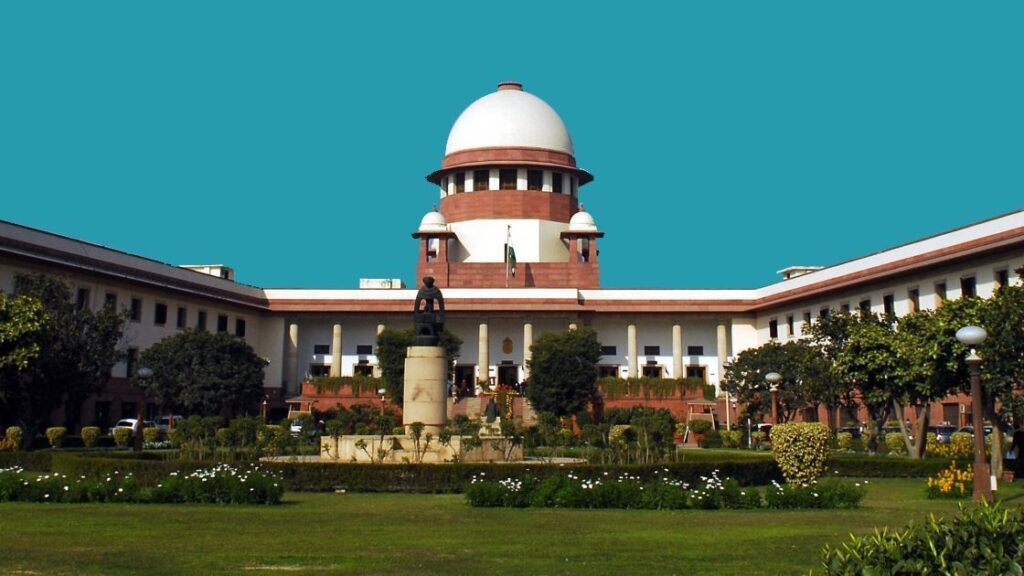
Big win for CENTRE as Supreme Court dismissed the petition challenging delimitation commission in J&K
Last Updated on February 18, 2023 by Administrator
The dismissal of the petition by the supreme court of India challenging the constitution of the delimitation commission in Jammu and Kashmir on 13th February can be observed as a big win for the central government.
In august 2019, the special status of Jammu and Kashmir was abrogated. The Jammu and Kashmir reorganisation act, 2019 came into force on 31st October 2019 which divided Jammu and Kashmir into two union territories- Ladakh and Jammu and Kashmir (J&K). the delimitation act, 2002 which was earlier not applied to J&K was now made applicable through section 62 of J&K reorganisation act. Two residents of J&K filed the petition challenging the validity and legality of the action of constituting a delimitation commission for the union territory of Jammu and Kashmir under the provisions of this act.
Senior advocate Ravi Shankar Jandhyala appearing for petitioners contended “delimitation of the assembly and parliamentary constituencies of the union territory of Jammu and Kashmir by appointing delimitation commission is completely in violation of 2nd proviso to clause(3) of article 170.”
The bench of two judges, justice Sanjay Kishan Kaul and AS Oka dismissed the petition. It said, “there is absolutely no merit in any of the contentions raised by petitioners.” It also mentioned “A vague attempt was made by the learned senior counsel appearing for the petitioners to submit that the exercise which is undertaken for the newly created Union territory of J & K was not undertaken on the basis of the Uttar Pradesh Reorganisation Act, 2000 and Andhra Pradesh Reorganisation Act, 2014. In both the Acts, there is no provision which is pari materia with clause (b) of sub-Section (1) of Section 62 of the J&K Reorganisation Act which amended the provisions of the Delimitation Act 2002 in its applicability to the newly formed Union Territories by substituting the year 2001 with 2011.”
Concluding its judgement, the apex court also clarified that it had not dealt with the issue of validity as the petition related to article 370 is still pending in the court. It said-
“Nothing stated in this judgment shall be construed as giving our imprimatur to the exercise of powers under clauses (1) and (3) of Article 370 of the Constitution.”
Written By – Shagun Behal



